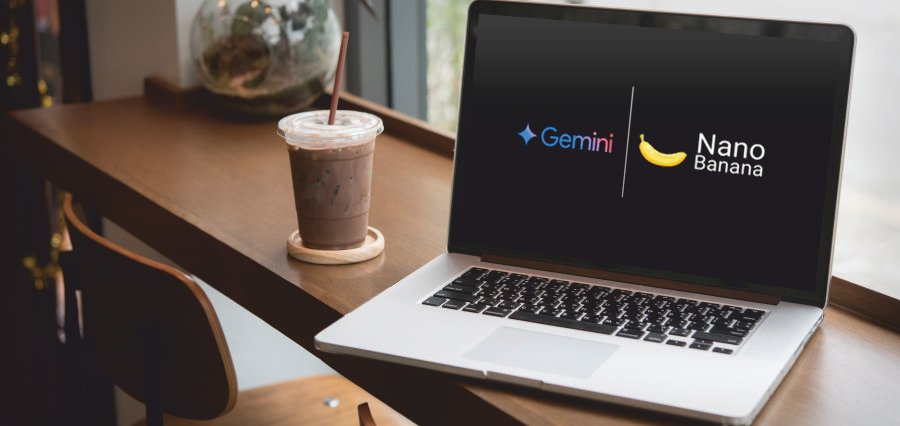Prime Highlights
- Google has introduced Nano Banana Pro, a major upgrade to its AI image-generation model, offering higher-quality visuals, improved text rendering, and greater creative control.
- The new model adds web-search capabilities, enabling users to gather information and generate images within a single workflow.
Key Facts
- Nano Banana Pro supports 2K and 4K image output, advanced scene controls, multi-language text generation, and consistency for up to five faces.
- The new system is slower and more expensive than its predecessor, with pricing starting at $0.139 per 1080p image and reaching $0.24 for 4K.
Background
Google has launched Nano Banana Pro, its newest AI image-generation model. It is designed to deliver higher-quality visuals, improved text accuracy, and more user control. The new model is powered by Gemini 3, which Google introduced earlier this week.
Nano Banana Pro offers major upgrades over its earlier version, Nano Banana, including support for 2K and 4K images instead of the previous 1024-pixel limit. It can generate text in multiple fonts and languages more accurately inside images, one of the biggest improvements users have requested.
The model now includes web-searching abilities, allowing people to gather information and create visuals in one workflow, such as searching recipes or making flashcards. Google says the tool aims to give professionals detailed creative control, including camera angles, scene lighting, depth of field, focus, and color grading.
While the new system generates better results, it is slower and more expensive than its predecessor. Nano Banana costs $0.039 per image, while the Pro model starts at $0.139 for 1080p and goes up to $0.24 for 4K.
The model also supports consistency for up to five faces and can blend up to 14 objects within a scene. A demo app is now live for users to test these features.
Google is rolling out Nano Banana Pro within the Gemini app, Search (AI mode), Workspace apps like Slides and Vids, and the Flow video tool. Developers can access it through the Gemini API, AI Studio, and Google’s new Antigravity IDE.
To support transparency, Google has integrated SynthID watermarking and plans to expand support for C2PA content verification soon.
Read Also : Meta Launches Facebook Content Protection Tool to Safeguard Creators’ Reels

